年初に立てた英書52冊チャレンジですが、ようやく13冊目に選んだ、”Embracing Defeat – Japan in the Wake of World War II” を読み始めました。
この本は、アメリカ人の歴史家である、ジョン・W・ダワー氏が1999年に出版して、荘厳で美しい文章と評されてピューリッツア賞を受賞しています。
内容は、1945年8月から1952年4月にかけて連合国によって占領された日本の社会、経済、文化、政治的状況を、ダグラス・マッカーサー政権、東京裁判、天皇の人間宣言、新憲法起草などのトピックに触れながらアメリカ人歴史家の視点で日本の戦後史が描かれています。
700ページ近い大作なので読み終わるまでにしばらく時間がかかりそうですが、最初の100ページくらいを読んで思ったのは、戦争に負けた日本の悲惨な状況とそれでも逞しく生きる日本人の姿でした。
日本が戦後占領下にあったのは1945年8月から1952年4月までの7年あまりで、そのあとは独立国家として民主主義国家の道を進むことになります。
そして、日本が戦後の焼け野原から経済を立て直し、高度成長期を迎えるのにわずか15年しかかかっていません。
結果的に、日本は戦争に負けたことで、占領下のもと、それまでの帝国主義国家から民主主義国家へ生まれ変わる訳ですが、もしも帝国主義が続いていたら日本はどんな国になっていたのでしょうか。
そんな想像をしながらこの本を読んでいると、私たち日本人はもっと日本の近代史を学ぶ必要があるのではないかと思いました。
今の学校教育で教えている日本史は、帝国主義時代の日本がどこで道を誤ったのか、戦後GHQによる言論統制やマインドコントロールなどがどのように行われたのかなど、私たちが歴史から学ぶべきことが抜け落ちているように感じるのです。
ということで、私自身も遅ればせながら日本の近代史に関する本を何冊か読んでみたいと思っています。
(English)
I have finally started reading “Embracing Defeat – Japan in the Wake of World War II,” the 13th book in the 52-book English book challenge I set at the beginning of this year.
This book was published in 1999 by John W. Dower, an American historian, and was awarded the Pulitzer Prize for its solemn and beautiful writing.
The content of the book describes the social, economic, cultural, and political situation in Japan during the Allied occupation from August 1945 to April 1952, touching on topics such as the Douglas MacArthur administration, the Tokyo Trials, the Emperor’s Human Declaration, and the drafting of the new Constitution, as well as the postwar history of Japan from an American historian’s perspective.
It is a large work of nearly 700 pages, so it will take me a while to finish reading it, but after reading the first 100 pages or so, I was struck by the tragic situation of Japan after losing the war and the Japanese people’s resilience in the face of it.
Japan was under occupation after the war for a little more than seven years, from August 1945 to April 1952, after which it became an independent nation on its way to becoming a democracy.
And it took only 15 years for Japan to rebuild its economy from the postwar burnt-out ruins and enter a period of rapid growth.
As a result, Japan lost the war and was reborn under the occupation from an imperialist nation to a democratic nation, but what kind of country would Japan have become if imperialism had continued?
Reading this book with such imagination, I thought that we Japanese need to learn more about Japan’s modern history.
I feel that the Japanese history taught in today’s school education is missing what we should learn from history, such as where Japan lost its way during the imperialist era and how the postwar GHQ controlled speech and mind control.
Therefore, I myself would like to read some books on modern Japanese history, although I am late to the party.
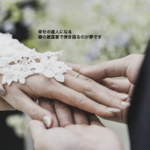
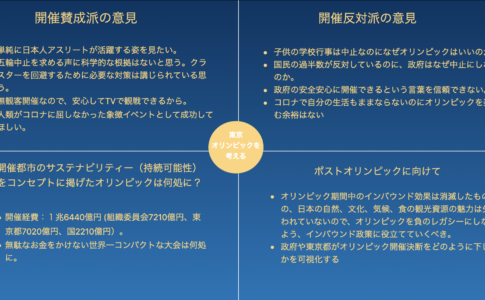
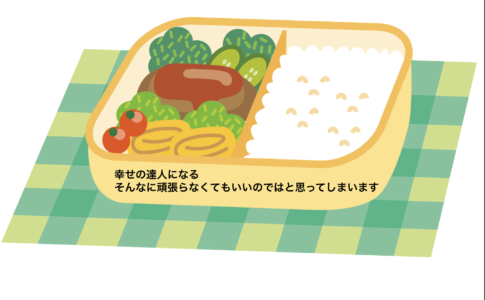
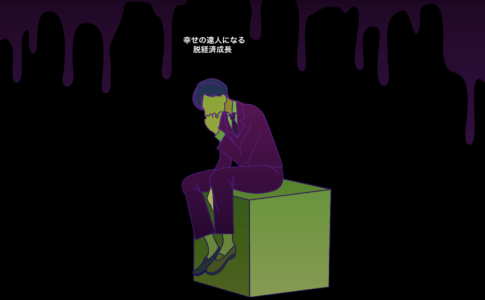
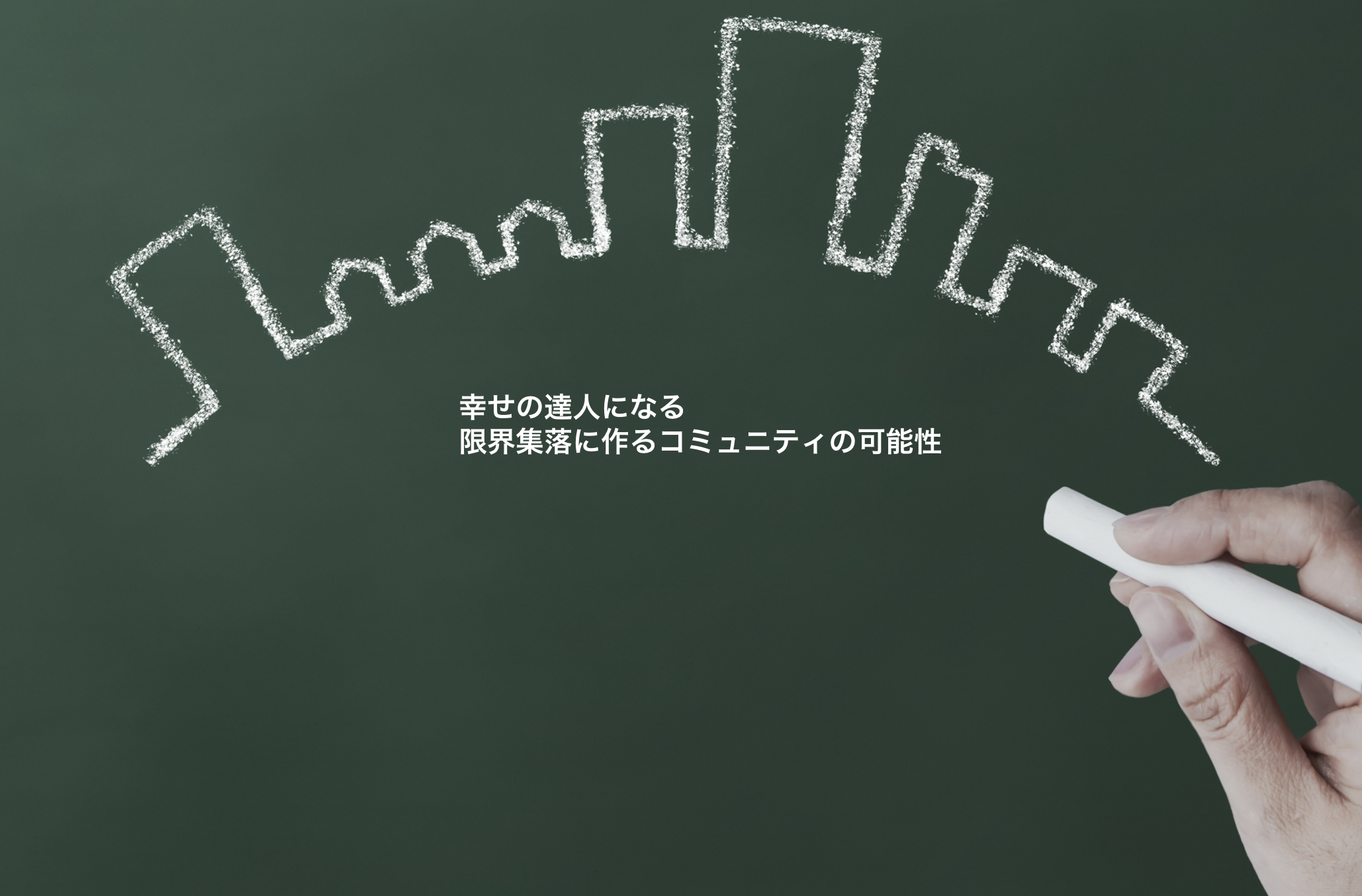
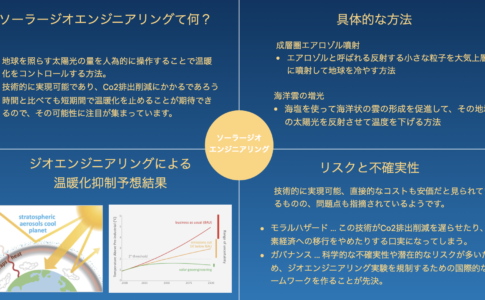
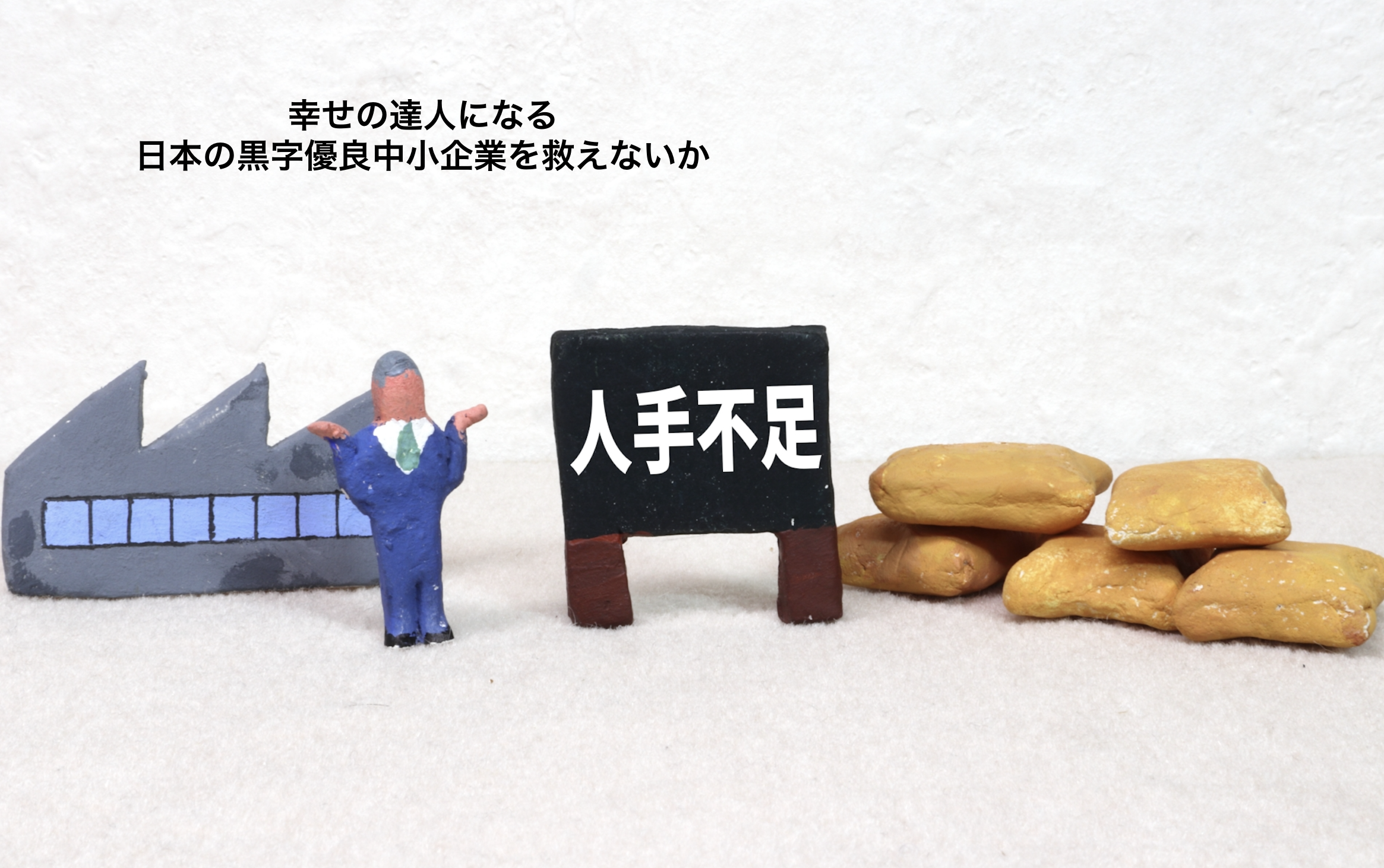
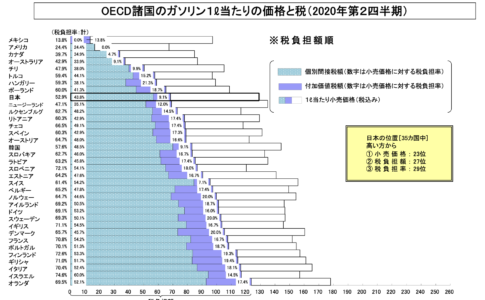
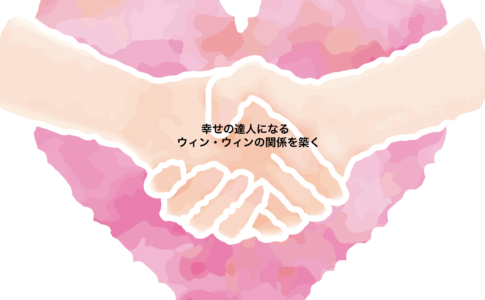
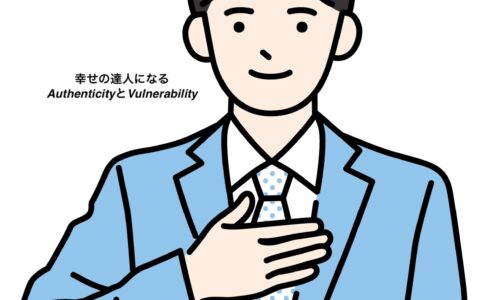
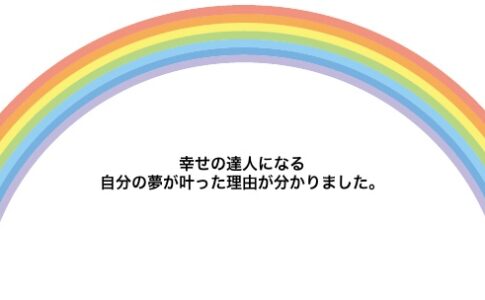
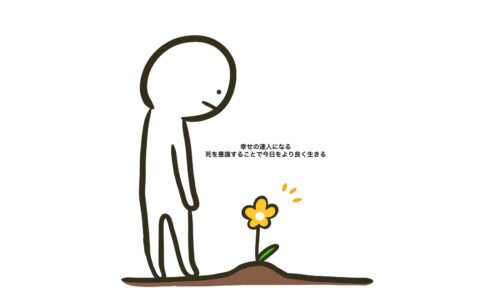
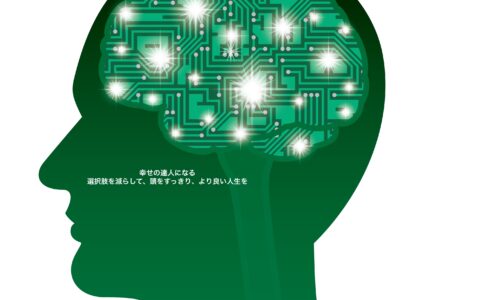

英書52冊チャレンジの13冊目の本である、『敗北を抱きしめて 第二次世界大戦後の日本人』の原書を読んでいますが、戦後の焼け野原から奇跡的な経済復興を遂げた日本人の凄さを感じます。素直に日本人として生まれて良かったと思います。